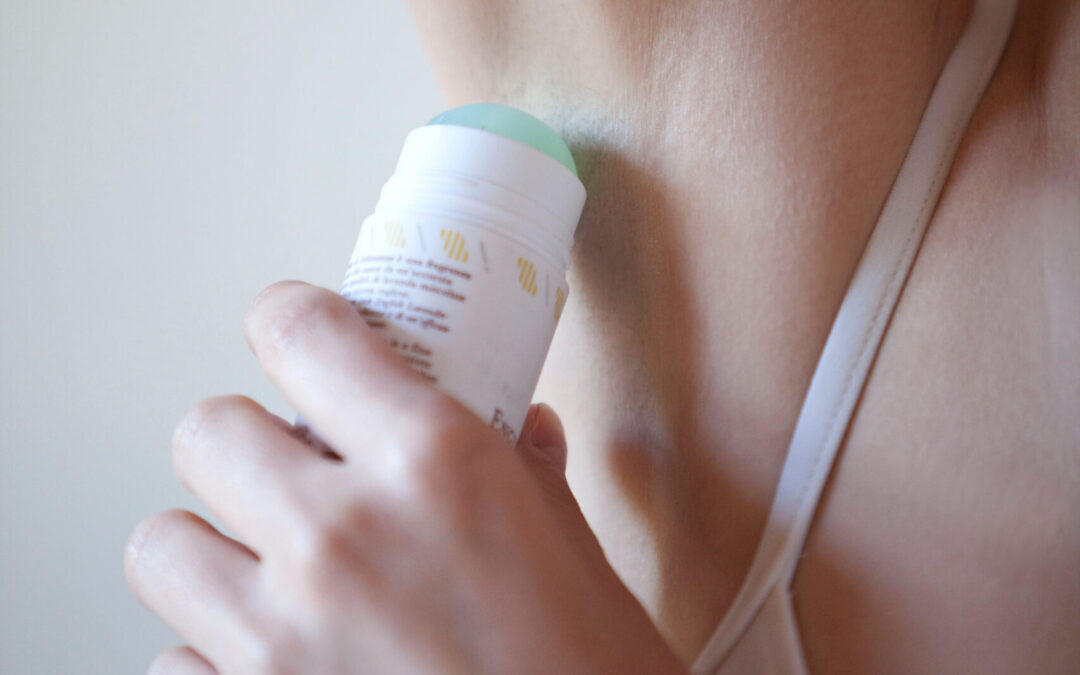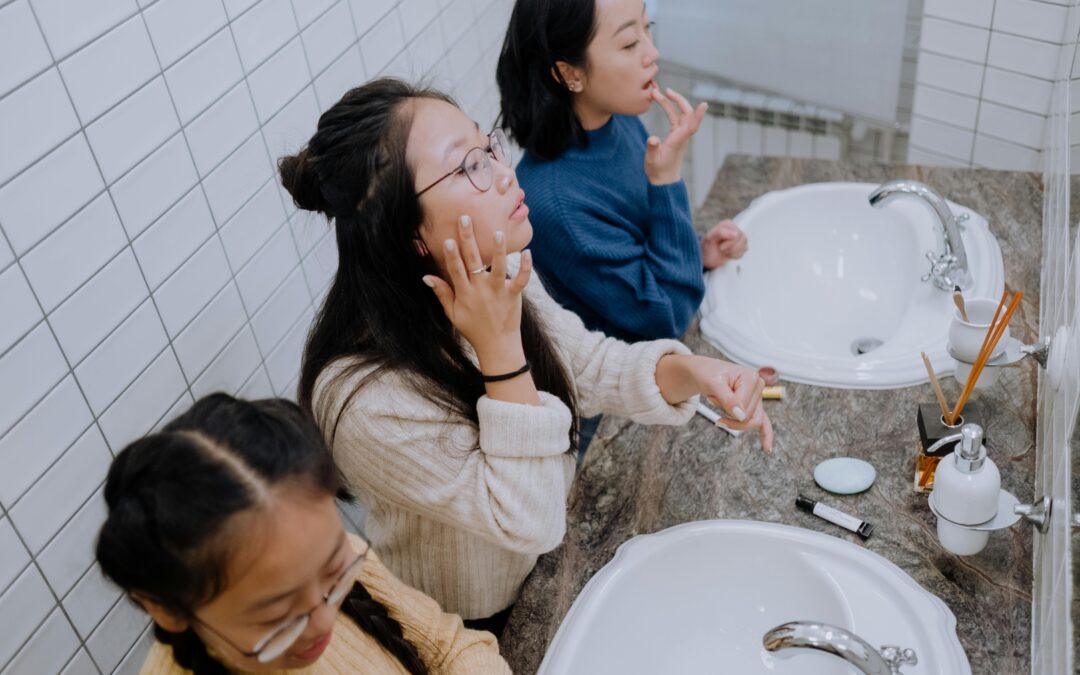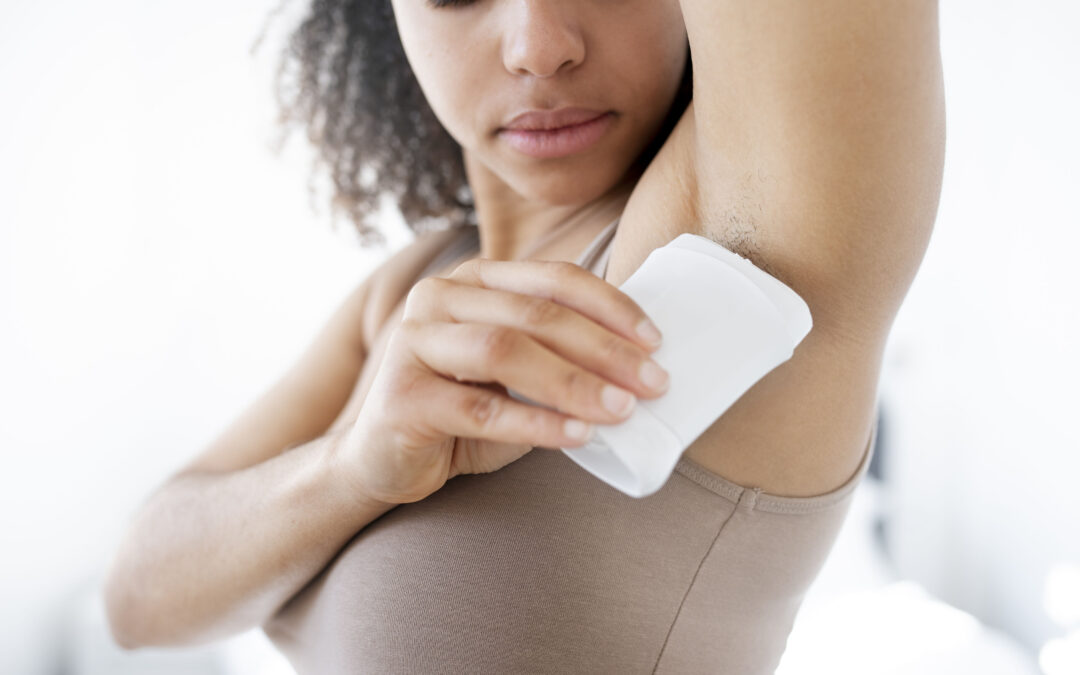If you’re a product fanatic or even a newcomer to skincare, you’ll have heard of The Inkey List. From their start up in 2018, success came quite literally, overnight, to Colette Laxton and Mark Curry. But it wasn’t an easy journey to get to this point. We spoke to Colette about the rollercoaster journey of starting a business, and more importantly, how to stay resilient when times get tough.
When Colette Laxton and Mark Curry founded the skincare brand ‘The Inkey List’ in 2018, they had no idea the journey and the ups and downs that lay ahead of them.
In an exclusive interview with Radiance, Colette speaks about their close call with running out of money, low retail orders and how COVID turned out to be a blessing rather than a disaster before their rapid rise to success.
Colette and Mark, now married, met at Boots and she had worked in the beauty industry for a while and had a difficult experience with acne in the past.
“I suffered terrible acne as a teenager, and the options were just so bad when I was young.” She says. “We were using alcohol wipes and doctors’ suggestions that would help the acne, but then cause my skin to peel off, it was absolutely disgusting.
“I understood the emotion of skin and skincare and the power of finding something that works.”
In 2018 there was a surge in sensationalist and misleading advertising, with many brands trying to sell ‘magic remedies’.
“At that time on websites, you didn’t even have ingredients lists. Only seven years ago, you would buy something and not know what was in it. Lot’s of consumers realised and would go to places like Reddit to ask for help.
“They would say ‘I need help and what’s going on with my skin and no one’s kind of helping me and brands are just selling me sh*t’, “she says.
This was the key gap in the market that Colette and Mark took advantage of.
“What about if we were in the middle, saying this is the product?” She says. ”It wasn’t, let’s launch a hyaluronic acid or let’s launch an ingredient brand. It was like, we have a why, and our why is: we want to spread the beauty of knowledge to the world and help people get to the right decisions on their skin.”
The unique name ‘The Inkey List’ came from an ingenious yet simple idea. Every product has a long complicated list of scientific names, this is called an INCI list, International Nomenclature for Cosmetic Information.
She says: “We took that INCI list, which only chemists understand and created the INKEY list to make it simple.”
Read more: ‘Me Again’: binding hair loss with glamour – Radiance
However, the couple went through a lot of names before reaching this conclusion.
“I liked the idea of basing it off a list of ingredients, like a dinner, to make it simple. So for example, instead of a spice rack, a beauty rack. Until we realised that although we’re a UK brand, we wanted this to be a global brand. And in America, the word rack is boobs.”
Their recognizable and clean logo was created so that it could appeal to all audiences, although they have faced some difficulties with it not fitting the ‘pretty, pink, cool’ trends out there.
“I designed it on PowerPoint.” She laughs. “It was really important for me to tell the audience what Inkey’s role was. I wanted it to be black and white, which is no bullsh*t. We say it as it is. I just wanted the information to do the talking.”
She says: “I love it when I hear people say, your salicylic acid cleanser in the shower and my son uses it and I use it. That’s exactly it. It’s got to be on someone’s bathroom shelf so anybody feels okay picking it up.”
Colette and Mark launched the business a year before the brand, and like most things, it wasn’t a smooth ride.
“With businesses you have to realise most things fail. You can have the right product at the wrong time. You can have the right product at the right time with the wrong design. There’s so many variables of why something will work or why it doesn’t,” she says.
The couple searched for a product with a gap in the market and a channel (a platform to sell) and then began the hardest step of starting a business- pitching and searching for investment.
“The hardest thing is getting people to believe in you.
“We were normal people. We had no money. It actually got quite desperate. We literally had pitched to three or four different people and we were like, Mark had £10 in his bank and was like, I’m going to have to go and get a job next week. This is just not feasible anymore, ” she says.
“ We nearly went bankrupt three times.”
They started off with a bathing brand which reached many big retailers like Anthropologie, Urban Outfitters and Topshop. To the naked eye this may seem like a breaking point, but the reality was harder.
“It was in all these really cool places. We thought we had hit this with this bathing brand, but they were ordering ten units.” She says. “So perceptually everyone was like, oh my god, your brand’s killing it. But we needed to get something that we were going to actually be able to scale properly. We had the product, we had the retailers, but it just wasn’t paying back.”
Their other brands might have been slow burners but The Inkey List was an overnight sensation. The couple attended a trade show and received a lot of excitement from lots of buyers.
“We’d had 18 months of hell, nearly going bankrupt, brands that weren’t really working, and it was like, boom.”
They launched exclusively with a brand called FeelUnique, now owned by Sephora, because another retailer cancelled their order at the last minute.
“On day one, we had 15 pieces of press coverage. I am talking Vogue, I am talking Harper’s Bazaar. It was wild. it blew up.” she says.
Read more: Flare ups? Flaky skin? We don’t mind – #GetYourSkinOut – Radiance
The following year was what could only be described as a whirlwind and The Inkey List grew at an incredible pace. They launched in September 2018 and by April 2019 they launched in Sephora.
“It was only 10 of us and we had no idea what we were doing.
“Sephora were like, you need a field team in the US to go out into stores, you need reviews on every product. And I was like, how do you get a review? It was honestly just insanity. So the first year was just bonkers,” she says.
Sephora put Inkey on their ‘trending wall’ when they first launched, normally brands stay on that wall for a couple of years. But after six months, they offered Inkey their own home bay. It would cost hundreds of thousands of pounds.
“We thought, let’s do it. We managed to cobble together the money to do it.”
However, March 2020 approaches. Anyone reading this is old enough to know what happened in that timeline.
“Two days later, lockdown. Every Sephora shop closed. We were like, we’re f*cked. It’s game over,” she says.
The world went quiet, but not for Inkey. For them, this meant the marketing world went quiet too, which opened up a huge array of opportunities.
“When shit hits the fan, you can either give up, or you can pivot.
“And what I will say is Mark and I are expert pivoters, actually, we’re actually better in a crisis. Weirdly. When things are going well, we kind of things tend to go to shit,” she says.
Previously, Inkey did not have their own website. They launched their own website, they were one of the first brands to create a ‘full recipe builder’ which tells you your skin type online and they did Instagram live every Monday during lockdown to help people and chat about skincare.
During this time, advertising prices plummeted.
“It was the only time we could afford to buy advertising as no big brands were advertising because no one knew what the f*ck was going on. So we doubled down. This grew our brand awareness.” She says. “ How can you win in this situation where everyone else is panicking? You have to pivot and be agile.”
The Inkey List has hit 100 million revenue now and currently has over 120 staff. However, Colette doesn’t want to fall into the corporate ways of a typical ‘big brand’.
“The scale of the business blows my mind every day. But what I will say is never, no matter where you get to, never act like a big brand. I have no interest in that whatsoever.”
Have you seen ‘sober raves’ on social media? Well, Inkey has jumped on that bandwagon. They held an event yesterday to celebrate the release of their new product.
They negotiated with a small bakery in Notting Hill and invited customers and influencers and just had a rave.
“We’ve made a couple of mistakes where we’ve done things like big pop-ups that cost like five hundred grand. And I’m like, that’s just not us.” She says. “I want to be where the people are, that’s when I’m happiest.”
Despite the success, Colette says she doesn’t feel real sometimes even now.
“I’ve suffered imposter syndrome my entire life and even to this day, I don’t actually feel like I should be here and when I’m in rooms with my investors, I feel like the stupid one and when I’m asked to be on a panel at some sort of event, I’m like why the hell have you asked me? I think I am kind of proof that anybody can win and anybody can do whatever they dream about.”
Although the brand is now successful worldwide, Colette reflects on how far she’s come from a girl suffering with acne when she was younger.
“I don’t think I could have ever fathomed being here. I was just this normal girl from a little village in Nottingham.” She said, “I think I would be proud of the fact that I was offering people a solution because it was so sh*t (for me as a teen), I didn’t know what to do when there were no products out there. The fact that I’m able to not only offer people the right products now, but I’m here to help them because the doctors weren’t helping, I would be proud.”



